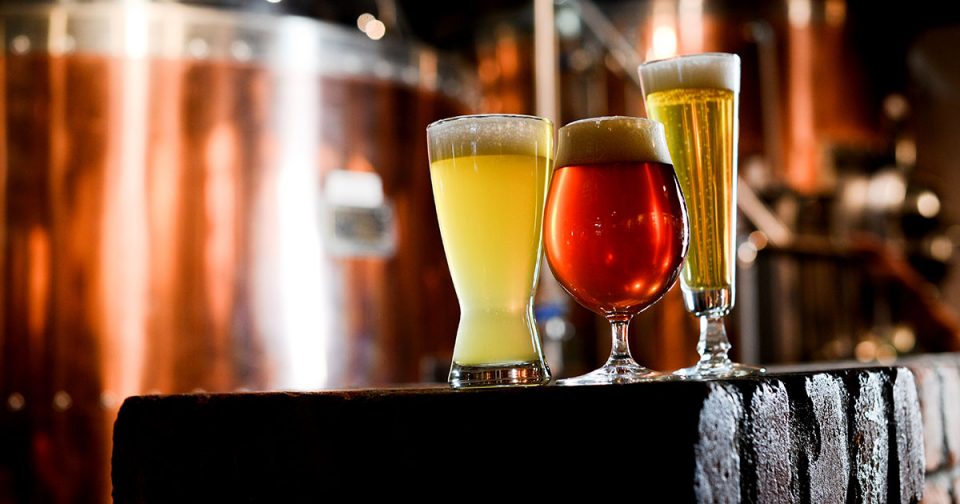Africa, long known for its affinity for traditional lagers and stouts, is in the midst of a craft beer revolution. Until recently, craft beer was barely known in most parts of the continent. However, a shift in consumer preferences and a growing demand for unique flavors have set the stage for a rapid transformation in the African beer market.
Market data forecasts reveal an impressive trajectory for the craft beer market in the Middle East and Africa (MEA) region. Experts predict that this burgeoning industry will experience a staggering Compound Annual Growth Rate (CAGR) of 29% between 2020 and 2025, far outpacing the expected 7% growth of the broader beer industry during the same period.
This meteoric rise is attributed to the continent’s rising incomes and the newfound consumer preference for the diverse styles and flavors offered by craft beer. As of now, the MEA craft beer market is valued at US$8.75 million, but projections suggest that it will soar to a whopping US$39.45 million by 2025.
For decades, South Africa was the epicenter of craft beer on the continent, boasting over 215 craft breweries as of 2020. However, the craft beer movement is rapidly expanding to other African nations, introducing locals to the unique flavors and experiences offered by these niche beer categories.
Neighboring countries such as Namibia and Botswana have embraced craft beer, with breweries like Swakopmund Brewing and Roof of Africa winning accolades at the Africa Beer Cup 2023. Zimbabwe and Zambia are also becoming craft beer hotspots in the Southern Africa region, each home to more than three established craft brewers as of 2022.
In Kenya, the craft beer market is gaining momentum, with over five craft breweries making their mark in the capital, Nairobi. Pioneers like The Big Five are now joined by newcomers like Bila Shaka, Sierra, and 254 breweries, along with smaller microbreweries like Crafty Chameleon and The Kraft.

Tanzania currently boasts two known craft brewers, Twiga Brewery in Arusha and Crafty Dees in Dar es Salaam, while Uganda has the Banange Brewing Company, impressing drinkers in Kampala. In Rwanda, Kweza stands as the country’s first and only microbrewery, and Ethiopia’s beer market is on the rise with notable breweries like The Beer Garden Inn (established in 2006) and the recent addition, Bole Microbrewery (founded in 2020).
In West Africa, Nigeria’s Bature Brewery is leading the craft beer charge. Located in Lagos, it’s Nigeria’s first independent craft brewery. Driven by a passion for creating unique beers using local ingredients, the brewery launched a $2 million fundraiser last year to expand its capacity to 500,000 liters by the end of 2023 and plans to expand into other West African markets. In neighboring Ghana, Speciality Beers opened its doors in 2022 and quickly made a name for itself, scooping three awards at the 2023 Africa Beer Cup held in South Africa.
The proliferation of craft breweries across the continent is undeniable evidence of a craft revolution sweeping through the African beer market. According to Data Market Forecast, the MEA Craft Beer Market, which was valued at US$8.75 million in 2022, is anticipated to reach a valuation of US$39.45 million by the end of 2028, expanding at an annual growth rate of around 29% during the forecast period.
The driving force behind this growth is the consumer’s desire for new flavour experiences. While traditional lagers and stouts have long dominated the market, craft beer is now introducing a wide array of options, including German wheat beer, Indian Pale Ales (IPAs), Belgian ales, and flavored beers with notes of sourness and fruitiness.
The 2023 African Beer Cup underscored the vast potential of this evolving market, as it showcased the diverse and exciting world of craft beer. As consumers in Africa continue to explore new flavors, the future of craft beer on the continent looks brighter than ever.

